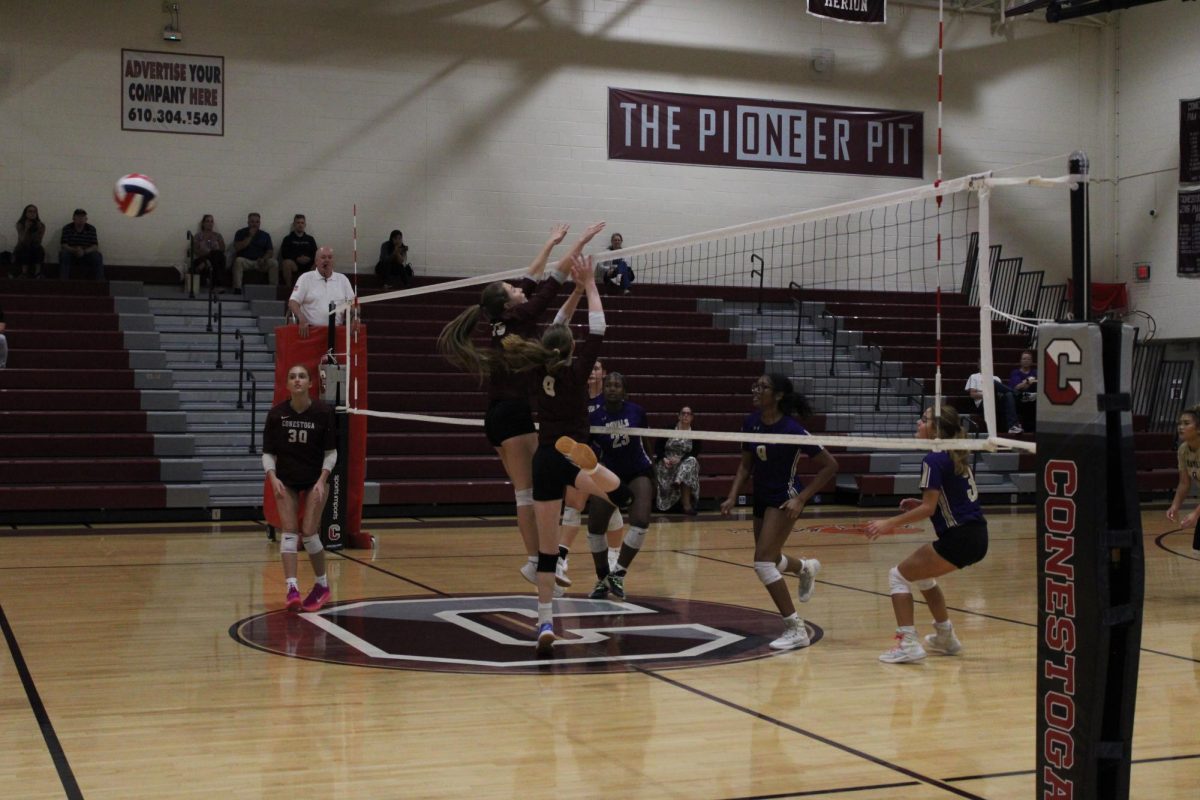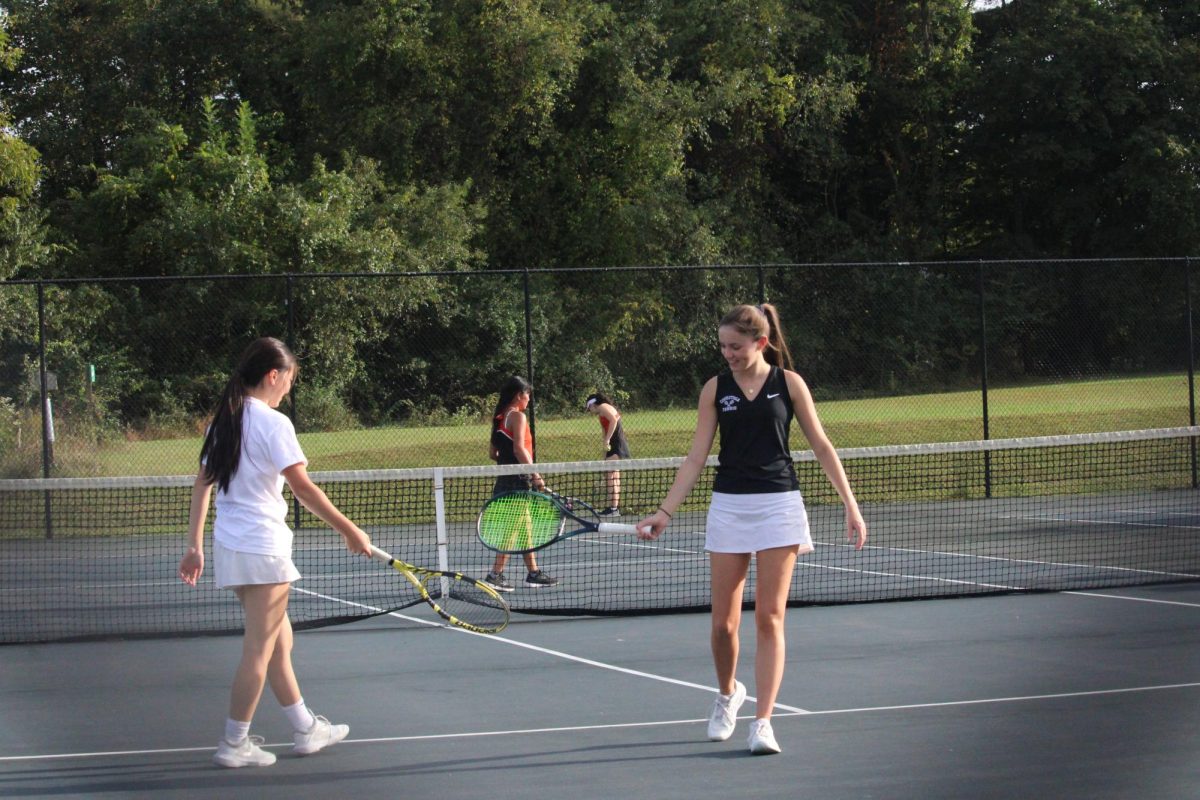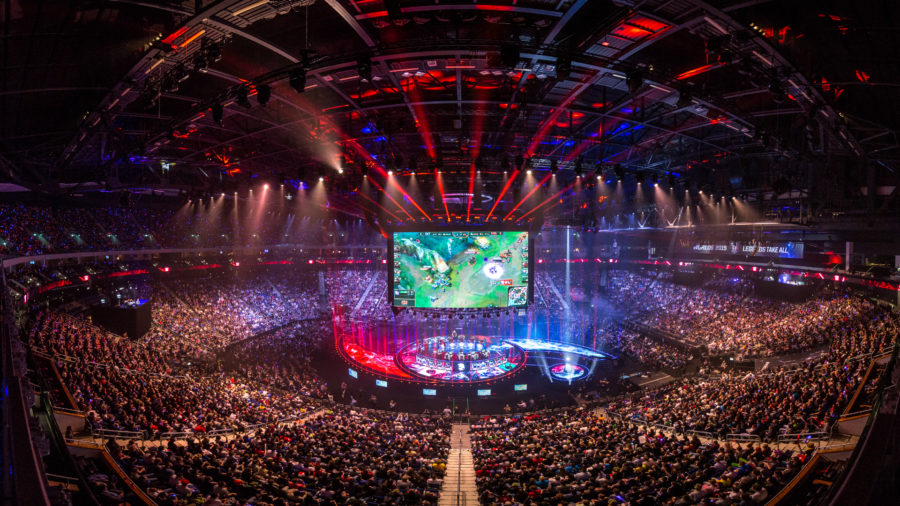By Justin Huang, Co-Student Life Editor
Remember those times when your parents shouted at you to go outside and play sports? Throw a baseball? Shoot some hoops? Kick a soccer ball around? Rescue hostages in “Counter-strike: Global Offensive?”
Wait, what?
That last one doesn’t usually come to mind for most people, but thanks to the phenomenon of eSports, more and more people have begun to tune into teams of video game players duking it out in virtual environments.
Nobody would ever think that competitive video gaming would make any mark whatsoever in the industry, but it’s actually showing remarkable growth. This year, the eSports industry has generated over $465 million, and in two years it’s projected to generate over $1.9 billion in total revenue, because of the thousands of viewers supporting their favorite team fight in games like “CS:GO” or “League of Legends.” Moms can scold their children from playing games, but their skill could land them a college scholarship or even a contract to play professionally, just like any athlete.
Many would laugh when comparing sports to video games—where’s the skill when all you’re doing is mashing buttons? That’s simply not true. Soccer looks like a game of just passing a ball but it’s much more intricate than that. Similarly, there’s more than meets the eye when it comes to eSports.
Personally, I’ve watched “League of Legends” played competitively—supporting Cloud9 since 2015—and it’s full of subtle intricacies. The general idea is simple enough to understand. Two teams of five try to destroy the other team’s base. However, the execution is extraordinarily complex. The game revolves around the idea of control, and gaining control requires an in-depth understanding of the game’s inner workings, objectives and your character’s mechanics. Teams have to deal with the other team’s sabotage, vision control of the map, dragons, barons and a cast of more than a hundred playable characters. With such complicated inner workings, I daresay that eSports operate under a set of rules more sophisticated than other sports.
Part of the appeal of eSports is watching better players’ skills and improving. If you play baseball and watch the major leagues, you can see the skill difference and learn from watching. I play “League of Legends,” and watching them helps me improve myself. Another thing that improves the appeal of eSports is the flashiness. You’ve got bullets flying this way and that way or every form of magic swirling around. To the younger generation, the vibrant colors can draw them in more than baseball can. Especially with nerds.
What’s stopping eSports from gaining the same respect as other sports? Nothing. The public appeal is slowly increasing, and the money pool is too. There’s even consideration to add them to traditionally physical athletic competitions. Next year, the Asian Games in Indonesia will have a special event for eSports, and in 2022 they’ll be an official event. Who knows, one day we even might see spells being cast at the Olympics.
Justin Huang can be reached at [email protected].





















































































